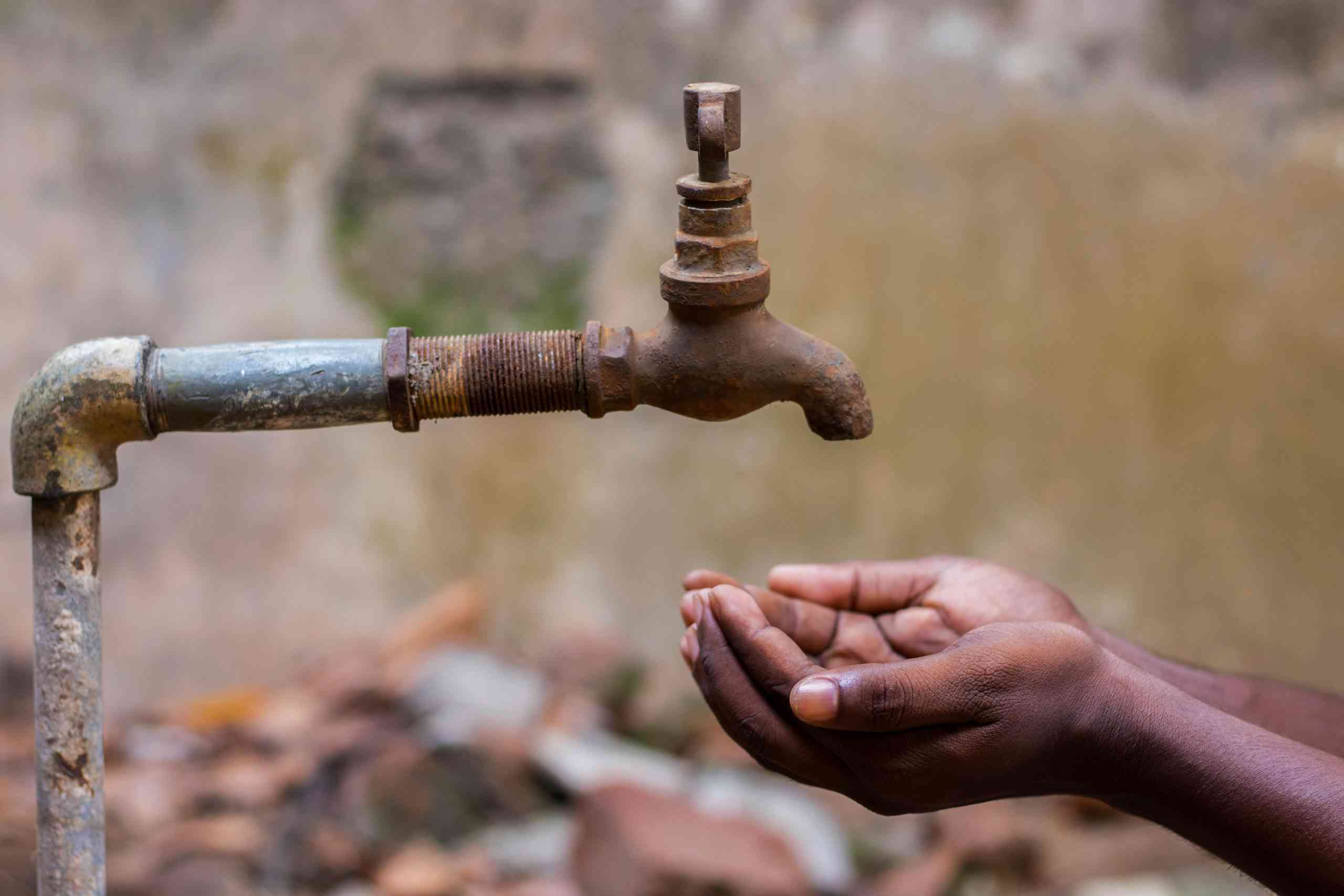
THE Chitungwiza Municipality has flagged a serious water crisis saying its council was no longer able to pump enough water to its residents and ratepayers amid fears of potential outbreak of water-borne diseases.
The dormitory town has a population of approximately half a million people but the local authority has in the absence of its own water source faced challenges in providing water to its residents.
The council recently launched a door-to-door blitz to collect money from residents who owe millions of US dollars.
In a statement last week, Chitungwiza mayor Rosaria Mangoma advised residents to seek alternative water sources following the decommissioning of the Seke and Harava Dams recently.
The Harare City Council which supplies the dormitory town with water de-commissioned the Prince Edward Water Treatment Plant in August.
“The council has been receiving between one megalitres and three megalitres of water between Saturdays and Sundays from Morton Jaffray, far below the required 75 megalitres per day. We are failing to distribute it all to the residents when we receive it,” she said.
“We encourage residents to draw water from trusted sources to minimise health risks. The council is seeking government intervention to address the issue. Additionally, community boreholes are being maintained to provide alternative water sources for residents.”
Mangoma said the municipality was seeking assistance from well-wishers to assist the council and invite those willing to contact the acting town clerk Japson Nemuseso.
- Chitown workers unpaid for 5 months
- Chitown workers unpaid for 5 months
- Chibuku Stadium now vehicle holding bay
- Council, businessman in housing stand row
Keep Reading
“As the council works to address the crisis, residents are advised to take precautions to ensure access to safe water. The community’s support and cooperation are crucial in navigating this challenging time,” she said.
In an interview with NewsDay yesterday, Chitungwiza Municipality spokesperson Tafadzwa Kachiko said the water crisis required urgent intervention.
“We are witnessing the effects of the El Nino-induced drought. During this period last year, we were receiving an average of 14 megalitres per day and we could manage rationing the water.
“The Prince Edward plant was decommissioned on December 5 last year, and we had just a month of dry spell because the situation went back to normal in January this year,” he said.
Kachiko said the council had also approached the government for intervention and also plans to convene a multi-stakeholder water indaba soon and come up with short-term solutions.
“We believe that when we put our minds together, we can come up with strategies to deal with the situation,” he said.
At its 491 Ordinary Meeting Chitungwiza also resolved that Mangoma writes to government seeking its f urgent intervention to address the water crisis in the town
However, Chitungwiza Business Community Trust chairman Tendai Mareya said the council should remove charges on borehole drilling in the town while reducing rates on fixed water charges.
Chitungwiza Residents Association spokesperson Marvelous Khumalo said the water and sanitation situation in Chitungwiza was dire.
“The City of Harare water is also failing to meet its increasing demand on water thereby affording to offer Chitungwiza less than 10 megalitres per day against a daily demand of about 70 megalitres.
“We hope the central government will prioritise finalisation of the Kunzvi dam project and other strategic dams so as to increase raw water supply to the Harare metropolitan province whose population continues to expand rapidly. Reliance to underground water is but just a stop gap measure which is not sustainable,” he said.










